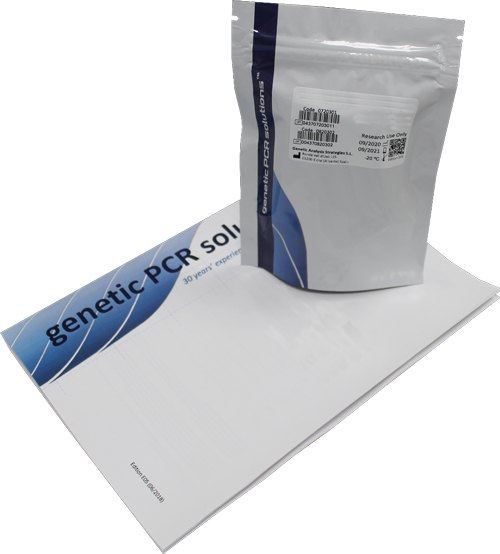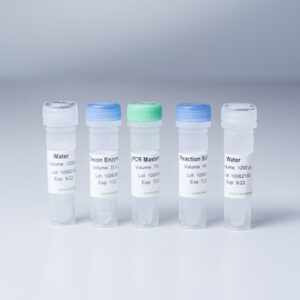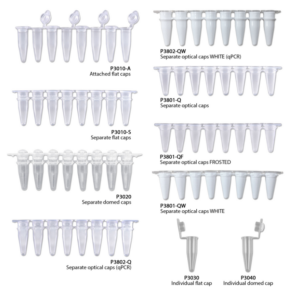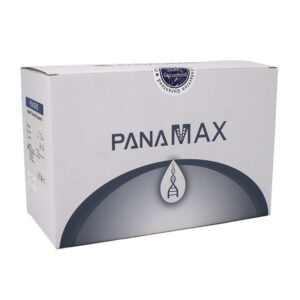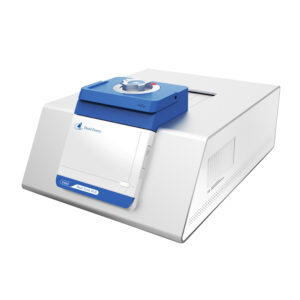RicSpp MONODOSE dtec-qPCR contains individual ready-to-use tubes containing all the necessary components for the detection of Rickettsia spp. by qPCR. Rickettsia is a genus of non-motile, gram-negative, non-spore-forming, highly pleomorphic bacteria. The name rickettsia is often used for any member of the Rickettsiales group. They are obligate intracellular parasites: survival of Rickettsia depends on entry, growth and replication within the cytoplasm of eukaryotic host cells (typically endothelial cells). As a consequence, Rickettsia cannot live in artificial nutrient environments, but can grow in tissue cultures or embryos. In the past, they were located somewhere between viruses and true bacteria. However, rickettsial organisms possess true cell walls similar to those of other gram-negative bacteria. Rickettsia species are carried by many ticks, fleas and lice, and cause diseases in humans such as typhus, rickettsial pox, botonona fever, African tick-bite fever, Rocky Mountain spotted fever, Flinders Island spotted fever and Queensland tick-borne typhus (Australian tick-borne typhus). They have also been associated with a variety of plant diseases. Despite the similar name, Rickettsia bacteria do not cause rickets, which is the result of vitamin D deficiency.
Rickettsia spp. qPCR (RicSpp 039)
SKU
Pcto-0235
Categories Applications, Companion Animal Diagnostics, Veterinary Diagnostics


